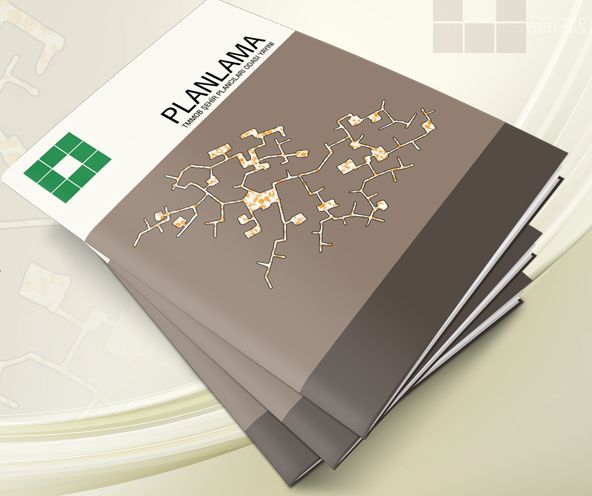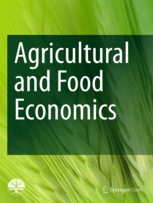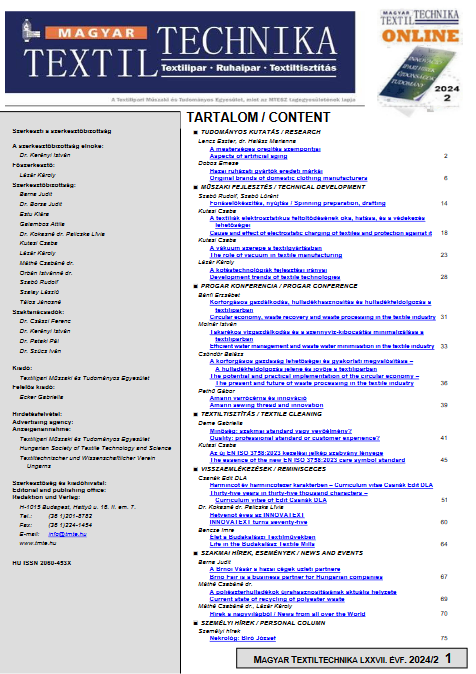2022.09.15. 13:00-15:00
Absztrakt:
We study changes in educational homogamy in the US and four European countries over the decade covering the Great Recession. The marital preferences identified point to the widening of the social gap between different educational groups since these preferences have increased the inclination of the individuals to match with others of similar educational traits in all five countries. We obtain this finding with an aggregate measure characterizing revealed preferences of individuals in relationship. We apply a novel approach for validating our finding: we compare our aggregate measure with dating data informative about the reservation points not only of those people who will be in a couple, but also those who will remain single. Finally, we challenge a commonly held view: we argue that marital preferences should not be blamed for the documented increase of the social gap since preferences are not exogenous, but are shaped by changes in the employment prospects of the potential partners.
Az előadást hibrid formában tartjuk meg: a személyes részvétel mellett (helyszín: KRTK Közgazdaságtudományi Intézet, 1097 Budapest, Tóth Kálmán u. 4., K11-K12 terem) zoomon keresztül is be lehet kapcsolódni. Az ehhez tartozó link külső érdeklődők számára a kti.titkarsag@krtk.hu e-mail címen igényelhető és csütörtök délelőtt válik elérhetővé.








